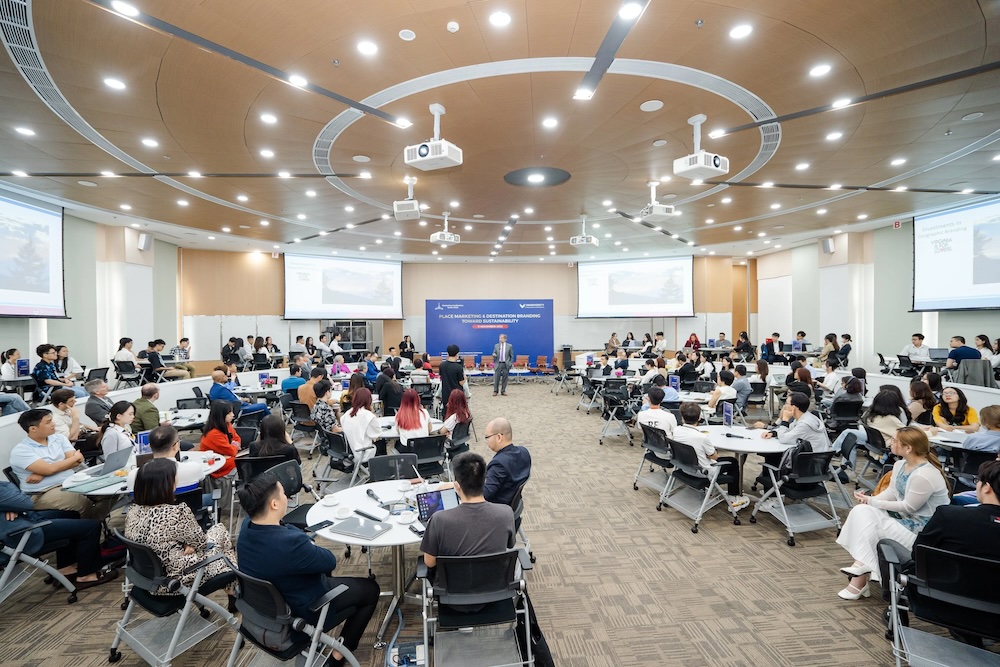City Brand Index
Innovation Research and Consulting Projects
The Place Branding Assessment Research (PBARR) is a joint initiative between VinUniveristy and Professor David Reibstein from Wharton Business School – University of Pennsylvania. Professor Reibstein is the chairman of the Responsible Research in Business & Management (RRBM), the chairman of the board of the American Marketing Association (AMA), and the executive director of the Marketing Science Institute (MSI). His research has been published in top-tier academic journals including Marketing Science, Journal of Marketing Research, Journal of Finance, and the International Journal of Research in Marketing. Professor Reibstein is also the author or co-author of numerous books and chapters in books on subjects including competitive marketing strategy, global branding, and marketing performance measurement, among others. He collaborated with undergraduate students at Penn, BrandAsset Valuator Group, and the U.S. News & World Report to create the Best Countries, which evaluates countries around the world in a variety of categories. The idea of Best Countries was based on the connections between brand power and the brand’s country of origin. This analysis led Prof. Reibstein to explore the concept of a country’s own brand. According to U.S. News, the goal of the project is to help citizens and country leaders understand how their nation is perceived globally.
The PBARR is an analysis project that aims to capture how cities are perceived on a global scale. It evaluates the reputation and image of cities based on various dimensions that have the potential to drive trade, travel, and investment and directly impact local economies. The project conducted its initial phase in 2023, evaluating 10 cities across 6 countries in ASEAN. The evaluation process involved a survey of more than 4,000 global citizens to gather their perspectives and insights on cities. The dimensions measured in the project include Research and Development, Education, Smart Infrastructure, and Connectivity, among others. These dimensions provide a comprehensive view of a city’s strengths and areas for improvement in terms of attracting trade, investment, and tourism. By analyzing the data collected from the survey, the PBARR aims to provide valuable insights into how cities are perceived and positioned in the global market. The results of the project will be presented in an upcoming event, where experts and stakeholders will have the opportunity to discuss and delve deeper into the findings. Overall, the PBAR serves as a valuable tool for cities to understand their global reputation, identify areas for growth, and make informed decisions to enhance their competitiveness on the global stage.


